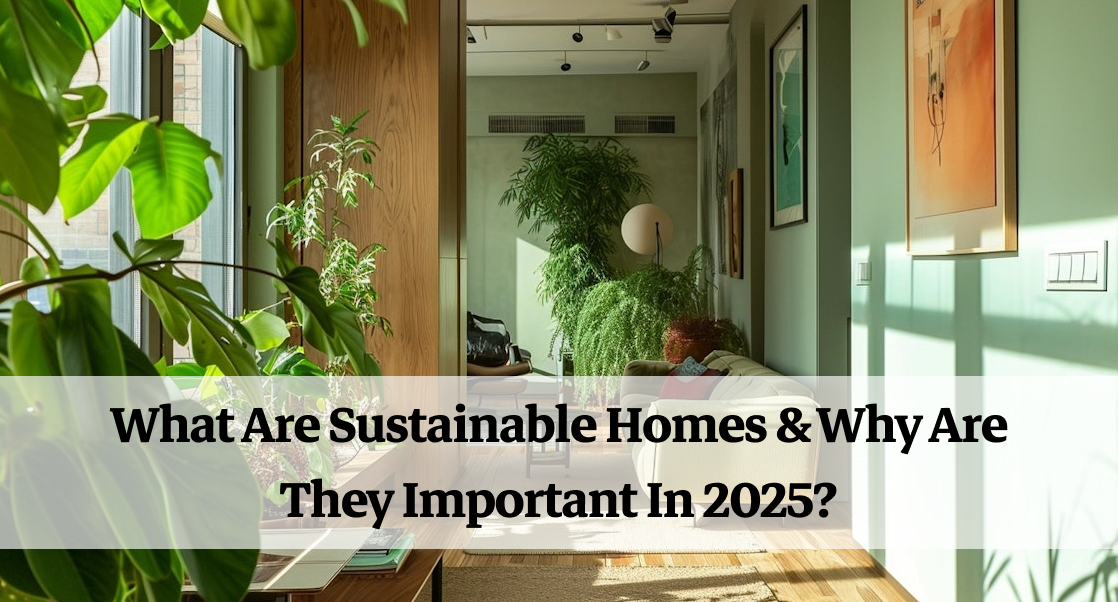
Did you know that 2023 was the hottest year ever recorded on Earth, pushing dangerously close to the critical 1.5°C global warming threshold?
As climate change accelerates, so does the urgency to rethink how we live and build. That’s where sustainable homes come in.
Sustainable homes are designed with energy efficiency, natural ventilation, eco-friendly materials, and reduced carbon footprints. They are becoming the future of housing in India and around the world. The rising awareness around climate change, environmental degradation, and urban overpopulation are pushing many homeowners and builders toward eco-friendly houses.
But what exactly are sustainable homes, and why are they considered so essential in 2025?
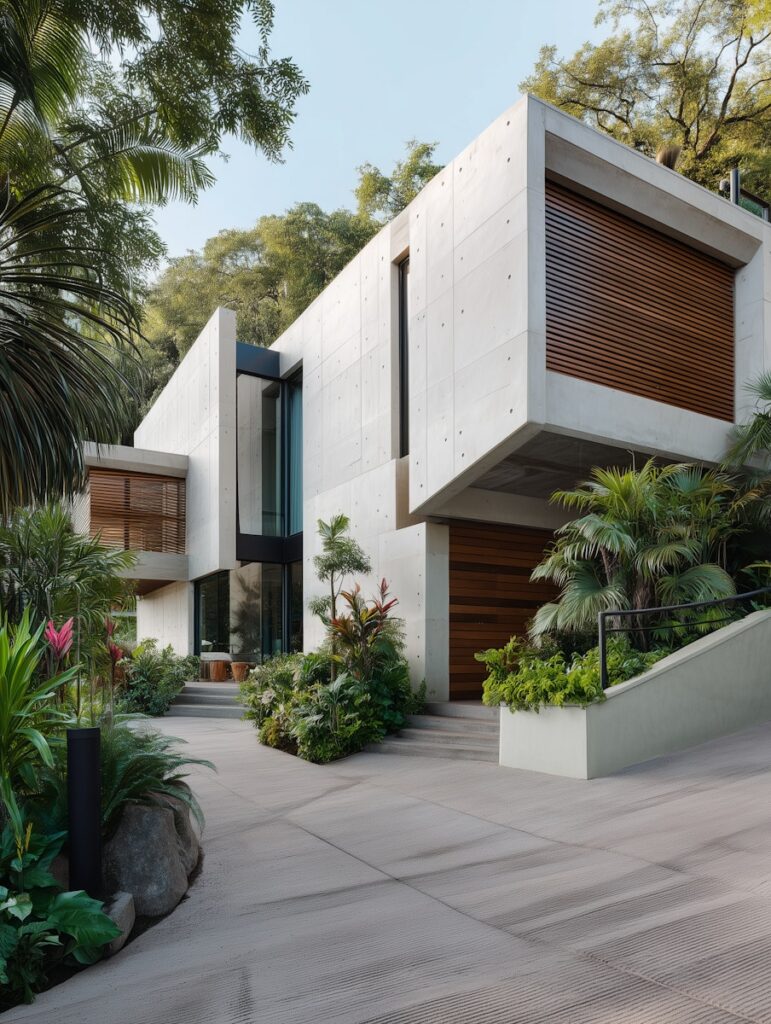
What Are Sustainable Homes?
Sustainable homes or green homes are designed to minimize environmental impact while maximizing energy efficiency, and water conservation. In simple terms, these homes use less energy and water, which helps save resources and reduce pollution.
They are built using sustainable building materials, rely on renewable energy sources, and incorporate thoughtful design elements that reduce the overall carbon footprint.
What Should A Sustainable Home Have?
- Use of energy-efficient appliances and lighting.
- Solar panels or other renewable energy sources.
- Rainwater harvesting systems.
- Efficient insulation and natural ventilation.
- Eco-friendly construction practices and materials like bamboo, fly ash bricks, or recycled wood.
How Do Sustainable Homes Support India’s Urban Future?
Big cities in India like Bengaluru, Mumbai, and Delhi are dealing with serious problems like too much traffic, crowded spaces, and pressure on roads, water, and power systems. As more people move into these cities, these issues keep growing.
Sustainable homes can offer solutions for these bigger problems.
- Vertical gardens in urban areas
- Rooftop solar farms for apartments
- Community composting spaces
- Greywater reuse systems for landscaping
They prove to us time and again how residential architecture can thrive even in dense urban pockets while contributing positively to the ecosystem.
Why Are Sustainable Homes Important in 2025?
As cities grow and climate challenges increase, the way we build our homes matters more than ever. Sustainable homes are designed to reduce waste, save energy, and protect natural resources.
In 2025, they will play an important role in creating a cleaner, smarter, and more livable future.
Combatting Climate Change
If you live in a city, you’ve probably felt the heat, noticed the rising pollution, or faced water shortages.
Green homes in India offer a way to live better – they stay cooler, use fewer resources, and lower your electricity and water bills. Choosing to build green homes is a smart, future-proof choice for your health, comfort, and savings.

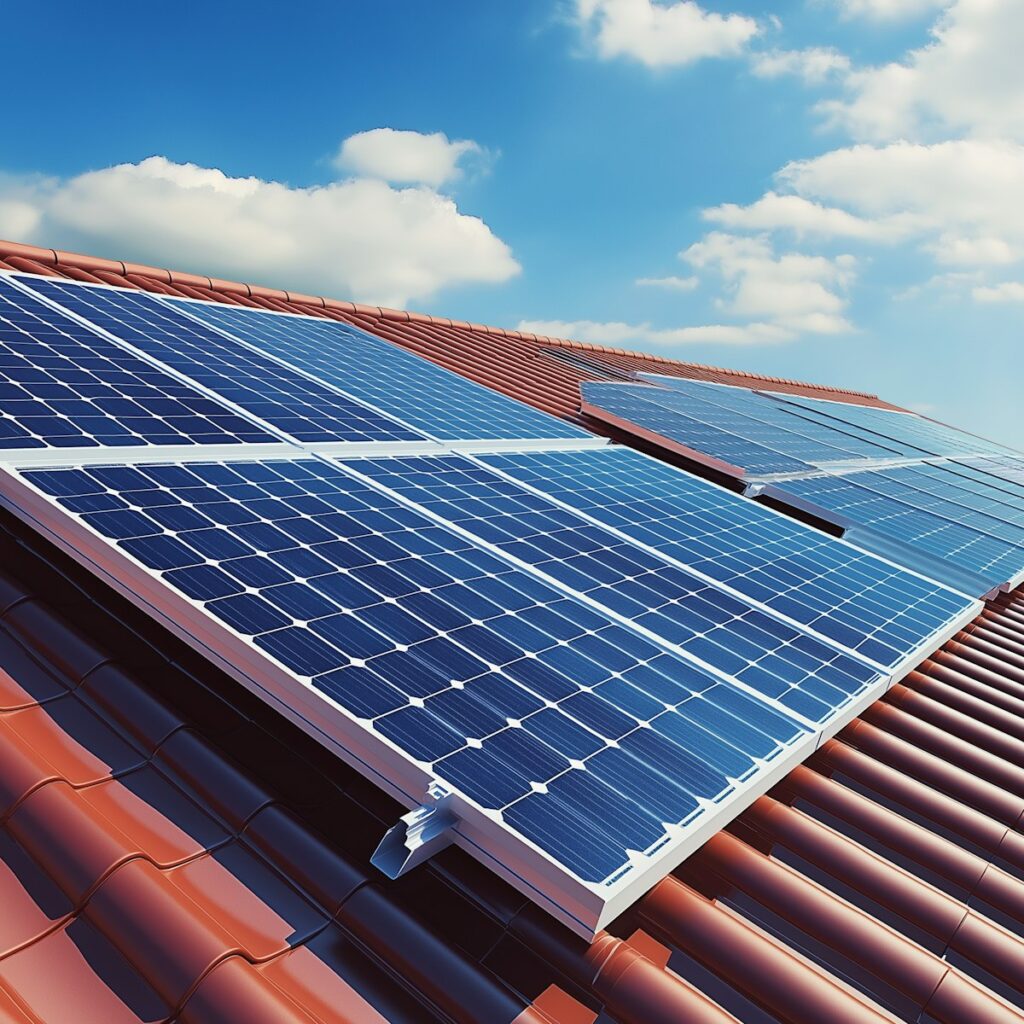
Lower Utility Costs
Energy-efficient homes can help you save big.
With smart features like solar panels, LED lights, and low-power appliances, these homes use much less electricity, cutting your costs month after month, while also being better for the planet.
Healthier Indoor Environments
The air inside your home can affect your health more than you think.
Common things like toxic paints and poor ventilation can lead to allergies and breathing issues. Environmentally friendly homes put your well-being first with fresh airflow, non-toxic materials, and a healthier space for you and your family to breathe easy every day.
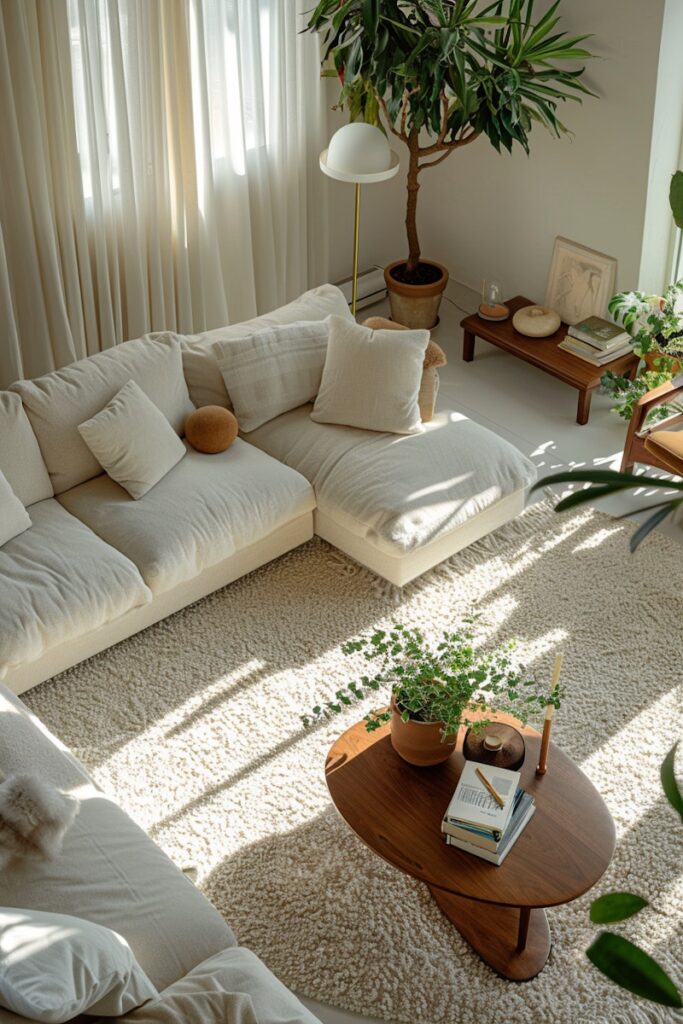
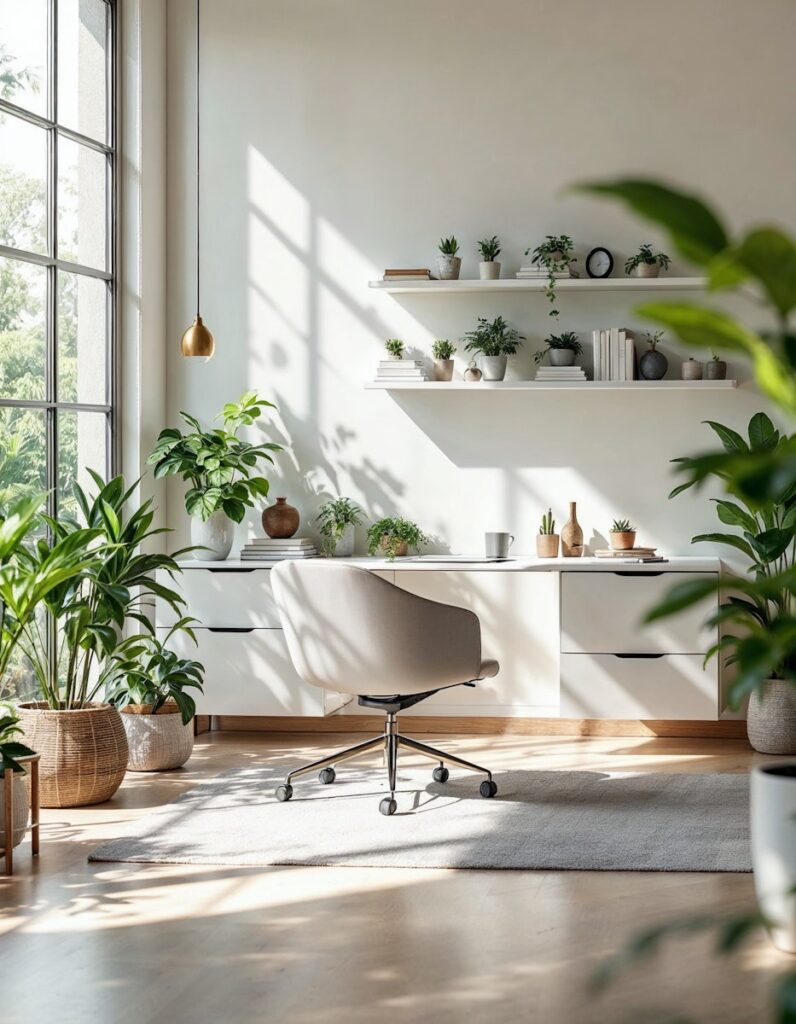
Smart Real Estate Investment
In 2025, owning a sustainable home reduces your carbon footprint and increases your property’s worth.
As more homebuyers become eco-conscious, they’re actively seeking houses with green features. These homes sell faster and often attract higher prices. So, by choosing a sustainable home design, you’re creating a better living space and also making a smart financial move for the future.
Government Backing & Policy Push
If you’re planning to build or buy a home, going green can actually save you money.
The Indian government is offering several incentives for sustainable homes like reduced GST rates, quicker building approvals, and property tax rebates. These benefits not only make eco-friendly homes more affordable today but also give early adopters a clear edge as green regulations become the standard in the coming years.
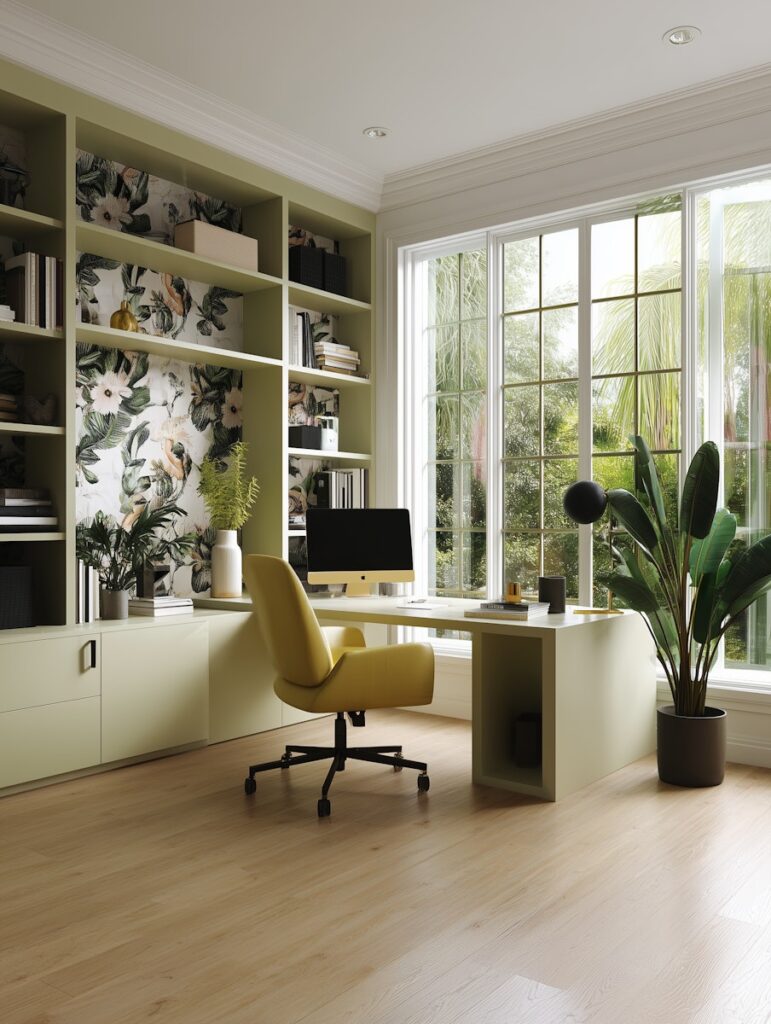
Actionable Tips To Go Green
Even small changes in your home can contribute to a more eco-friendly lifestyle over time.
✅ Switch to LED lighting and star-rated appliances
✅ Use low-VOC paints and natural wall finishes
✅ Install rooftop solar panels (now available via EMI in India)
✅ Harvest rainwater & reuse greywater
✅ Choose furniture made from reclaimed wood or metal
✅ Incorporate plants into indoor spaces for air purification
Let’s Bust Some Myths About Sustainable Homes
“They’re too expensive.”
Although upfront costs can be slightly higher, the long-term savings in utility bills, maintenance, and durability offset those costs significantly.
“They’re only for rich people or large villas.”
Affordable sustainable homes are now possible even in 1BHK or 2BHK formats. Modular green designs are becoming more accessible, even in Tier 2 cities.
“They’re hard to maintain.”
On the contrary, green homes are designed to be low-maintenance, with durable finishes, better insulation, and fewer system breakdowns.
Why 2025 Is the Turning Point?
2025 is the year many nations, including India, are scaling up their climate action strategies.
The increasing awareness among people is leading to the increasing demand for sustainable housing. More architects and developers are offering sustainable house design as a part of their standard packages. Also, advancements in green technology like energy-efficient materials, solar power, water conservation technologies, and smart home systems are making sustainable homes more accessible and cost-effective in the long run.
The way we build our homes today will determine the world we live in tomorrow. Sustainable homes are not just structures, they are statements that say we care about our environment, our health, our finances, and the generations to come.
Frequently Asked Questions
What is a sustainable home?
A sustainable home is an environmentally friendly house designed to minimize energy usage, reduce waste, and promote healthy living using eco-conscious materials and systems like solar panels, rainwater harvesting, and natural ventilation.
Are sustainable homes expensive to build in India?
Not necessarily. While the initial cost may be slightly higher, sustainable homes lead to long-term savings through lower utility bills, reduced maintenance, and government subsidies, making them cost-effective in the long run.
What are the benefits of living in a sustainable home?
Key benefits include reduced energy bills, improved indoor air quality, enhanced comfort, lower environmental impact, and increased property value.
Can a small home be sustainable?
Absolutely. Sustainability isn’t about size—it’s about smart design. Even compact apartments or small houses can be made eco-friendly with the right materials, insulation, and energy-efficient systems.
What materials are used in sustainable house construction?
Common sustainable building materials include bamboo, mud blocks, fly ash bricks, recycled metal, reclaimed wood, and low-VOC (volatile organic compound) paints.
Do sustainable homes qualify for government benefits in India?
Yes, the Indian government provides various incentives such as reduced property tax, green building certification benefits, and subsidies for solar installations in green homes.
How do sustainable homes help the environment?
They reduce carbon emissions, conserve water and energy, use fewer natural resources, and minimize construction waste—making them vital to sustainable living and climate change mitigation.
Are sustainable homes hard to maintain?
No. In fact, many sustainable features like durable materials, smart systems, and water-saving devices reduce the need for frequent repairs and maintenance.
How can I start transitioning my current home into a sustainable one?
Start small: switch to LED lighting, install water-saving taps, use eco-friendly cleaning products, and consider rooftop solar panels or a home energy audit to plan further improvements.

